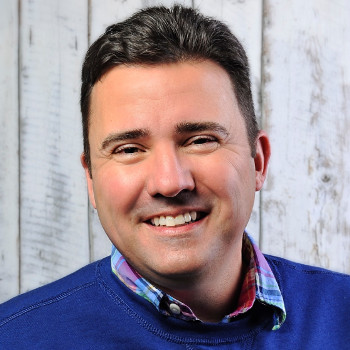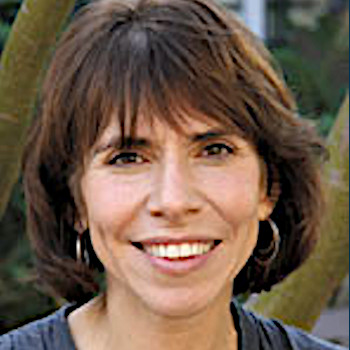
The Millennial generation is frequently described as being "spiritual but not religious." But what exactly does this mean? Do most reject the Christian faith wholesale or do they still profess faith in Christ even as they walk away from the institutional church? The answers to these questions have important implications as to how we engage Millennials in matters of faith. This workshop is designed to help participants better understand the often confusing spirituality of Millennials, including their views on personal faith, the nature of God, and the role of the church. Through presentations and interactive discussions, we will explore how we can engage missionally with the Millennials around us, sharing our faith with them in ways that are conversational, non-confrontational, and culturally-relevant. The goal is to be equipped to help this generation discover their purpose and passion through Jesus Christ.

Generation Z represents today's adolescent population. This generation is considered by scholars to represent the largest generation of self-professing atheists of any cohort in American history. This generation is unique in many ways such as how they see their faith, work, family/relational systems, and the social issues which face them. Missional approaches to reaching this generation will require a strategic understanding of who they are and what they believe. This multicultural generation with a global worldview will in all probability change their world in many unique ways.
- Teacher: Michael Knight

As institutional religious communities continue their decline, more and more people are identifying as "spiritual, but not religious." However, as people are confronted by a health care crisis, they often find that this generalized spiritual perspective is strained against the deeper questions of life and death. The potential for deeper conversations of faith and meaning open up. Healthcare providers, family members, or concerned friends with a missional focus can facilitate great spiritual growth as a person's crisis of health meets a crisis of faith. In this presentation, we look at the uniqueness of the healthcare environment as a potential for missional engagement. We discuss scriptural foundations to this kind of incarnational ministry. We look at practical, ethical, and sensitive ways to engage vulnerable persons at their time of greatest need.
- Teacher: David Simmons

The church and the Christian culture is full of lingo that can be used in destructive ways if not thoughtfully appropriated. It is important to think about the meaning of what we say and how we say it so that it will help us to go deeper as a Christian community and not simply stay stuck in shallow waters. The Christian culture is also full of destructive patterns of thought that are not always Biblical that can keep people stuck and not perpetuate growth and change. Dr. Engelmann uses the metaphor of the hamster wheel vs. the potter's wheel to help illustrate the differences between being stuck or actually going somewhere spiritually and shares helpful perspectives on how to counter these trends.
- Teacher: Kim Engelmann
